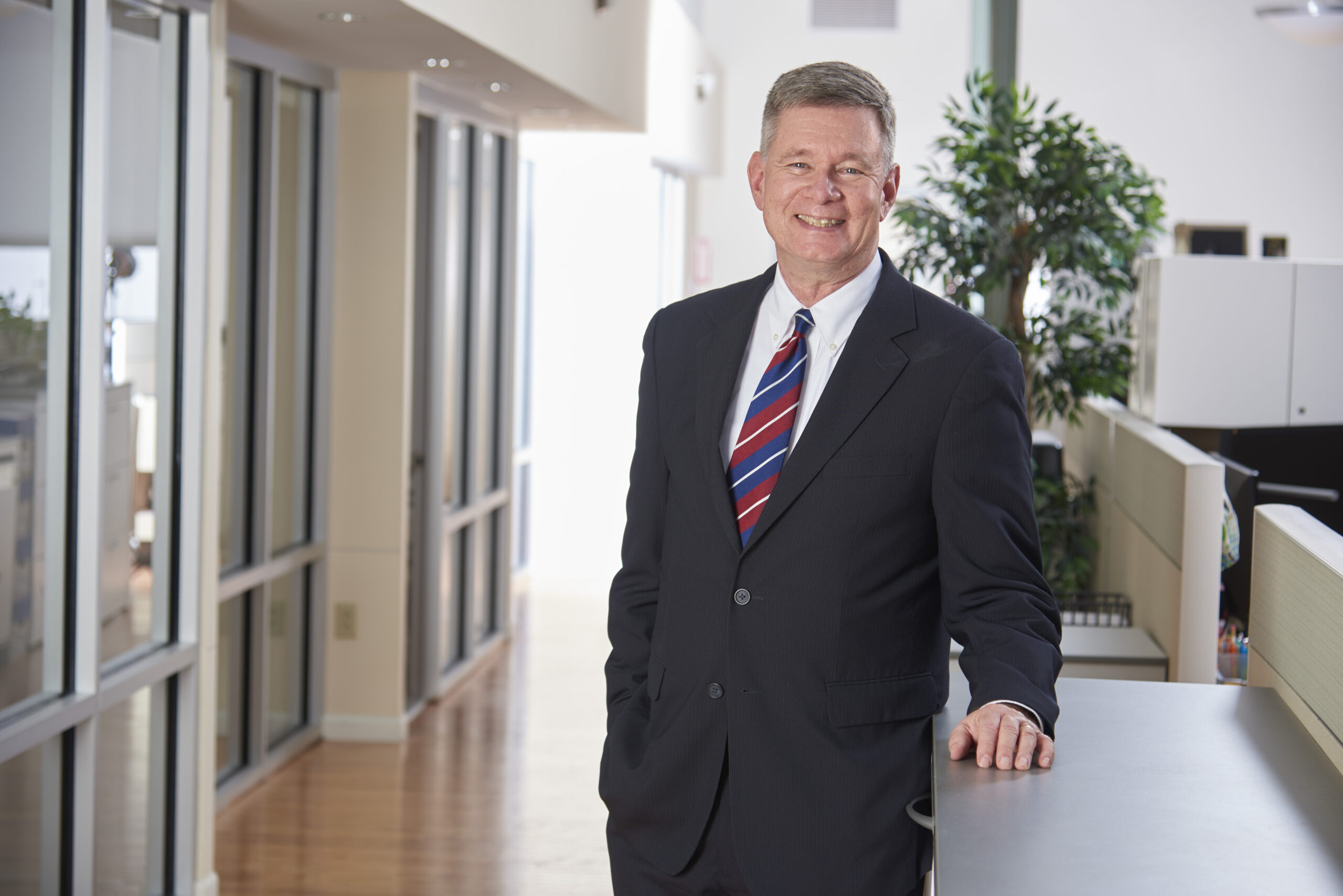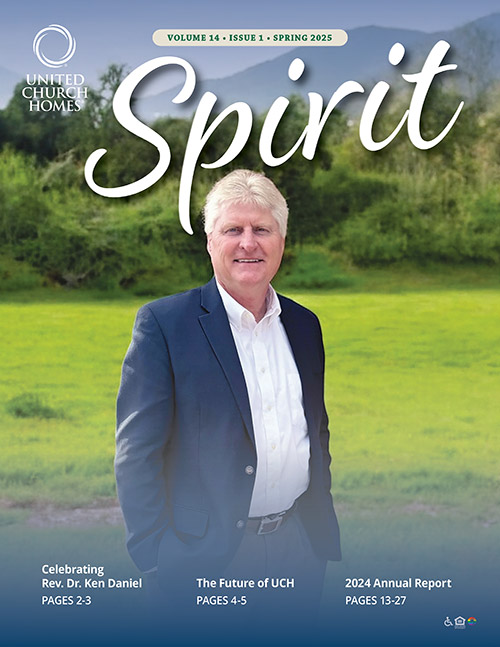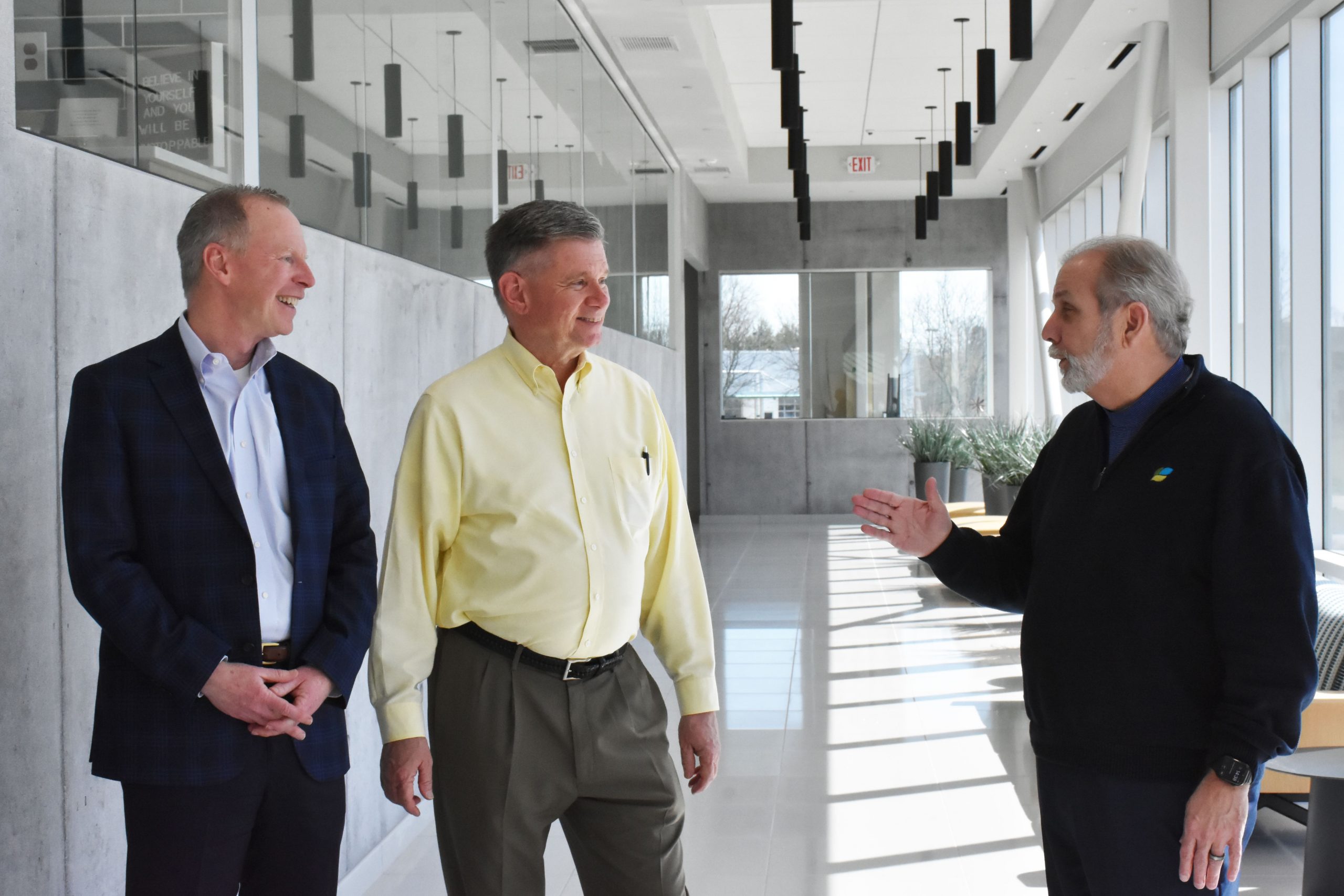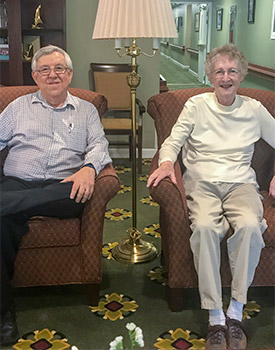
New Parkvue resident Dr. E. Anne Eddowes was familiar with United Church Homes because she grew up with Ruth Frost Parker, a former Board member and the largest single benefactor in UCH history. Anne decided to move to UCH’s Parkvue campus in early 2018 after splitting her time between Arizona and Ohio for several years. Her son was uncomfortable with her driving so far every winter, and family in the Sandusky area helped her decide to come back home to be closer to them. Shortly after her move, Anne met José in a serendipitous moment when José introduced himself as Anne’s new neighbor.
José was only 14 years old when he left his home country of Cuba, alone, without his parents, to come to the United States amid a period of turmoil in the island country in the northern Caribbean.
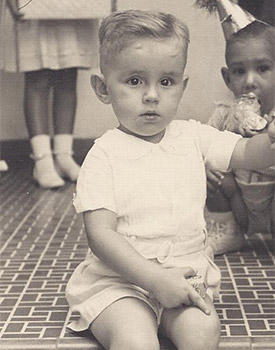
“I really had a charmed childhood,” José said. “There was a lot of political disturbance and fighting, but in terms of my personal life, it was very, very satisfying.”
With a propensity for language, José quickly became a target of the communist authorities. He feared he would be sent to the Soviet Union or face death if he stayed in Cuba.
José was one of more than 14,000 Cuban children airlifted from Havana to the U.S. between 1960 and 1962 as part of Operation Pedro Pan, made possible because of a deal between Father Bryan Walsh of the Miami Diocese and the U.S. State Department that allowed Walsh to sign visa waivers for children 16 and younger.

“Baker and Powers provided the necessary papers for children to enter the United States legally,” José said. “They also worked closely with Catholic Charities and other institutions in the U.S. that would be able to provide housing for the children who would be arriving. Some were as young as 2 years old. It was always assumed that this would be a temporary situation until the communists were overthrown in Cuba. Unfortunately, this never happened and the children grew up in freedom and safety in their new country. … I have always felt that James Baker and Penny Powers saved my life and allowed me to become the person I am today.”

The waiting room at the airport in Havana was called the fish bowl.
“You had to go in at 7 in the morning,” José said. “It was totally surrounded by glass and there was a loudspeaker where you would hear, over and over, ‘The maggots that were born in this country by mistake should leave and never come back.’ I heard that from 7 in the morning until 2 o’clock. They strip searched me twice. My parents were on the other side of the glass and I was crying. I waved at them, and a militiaman came over and said, ‘Ignore them. If you wave again, you’re not getting on that plane.’ It was like seven or eight hours of torture.”
Despite the traumatic experience, José ultimately made it to safety in the United States.
He and his wife, Margaret, first visited the Parkvue campus for an annual concert. They decided to move to Parkvue immediately. José’s new home at Parkvue gives him safety, security and the feeling of family that he left behind. His new neighbor, Anne, and the connection to her uncle who he credits with saving his life, has helped him realize his life has come full circle at Parkvue Community.
“I was transformed from a caterpillar into a butterfly in my new home in America.”
View all articles by:

